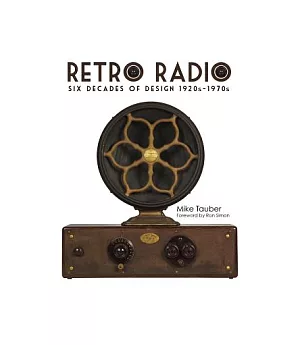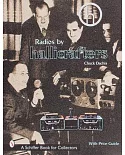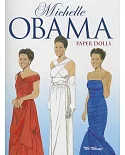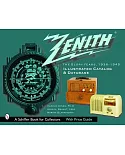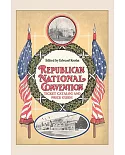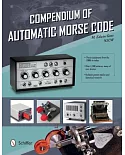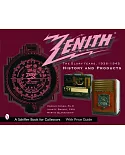Before television and MTV, the radio was central in the home, a way for the family to gather to hear the news or listen to music. At one time, the radio was a piece of hand-crafted wood
furniture and limited stations fell silent during part of the day. Over 175 images provide an impressive visual journey through the radio’s aesthetic history reflecting all the major design
changes across the years. The images also reveal the diversity of materials, textures, colors, shapes, and sizes of radios of earlier ages. It ranges from the 1920s tabletop wooden console
models in the classic bread box, cathedral, and tombstone styles, the wooden and early Bakelite and Catalin plastic art deco models of the 1930s to the 1950s, on to the 1950s thermoplastic
models in modern styling, and the transistors that ascended to prominence in the 1950s and beyond. Reintroducing machines that few people see anymore and perhaps hardly know existed, this
fascinating book restores the once state-of-the-art machines’ aesthetic glory.

